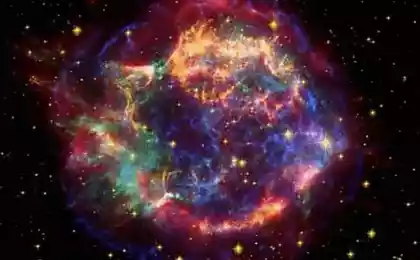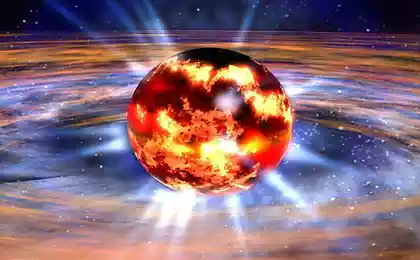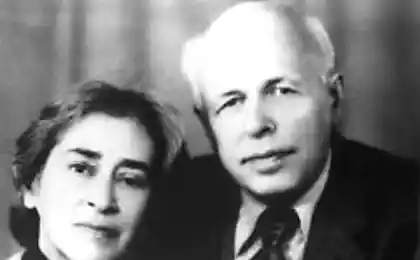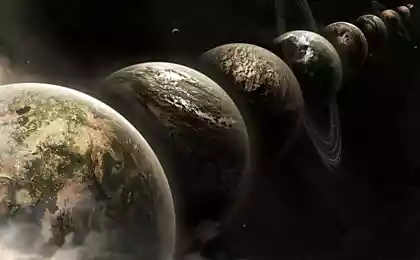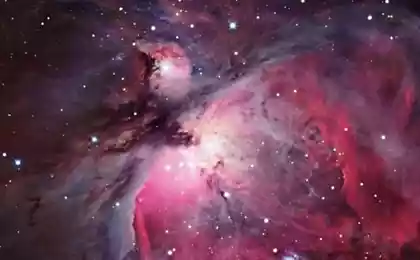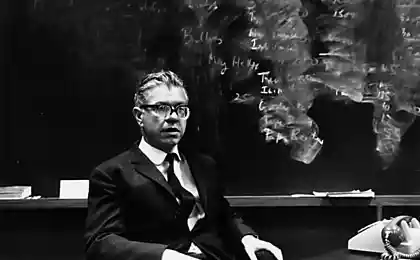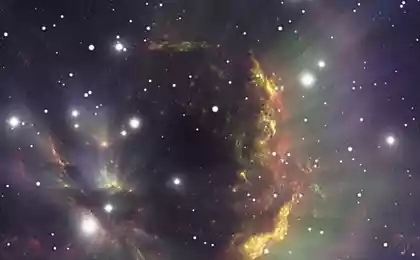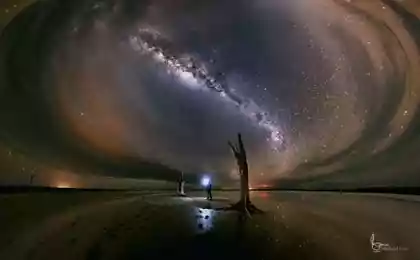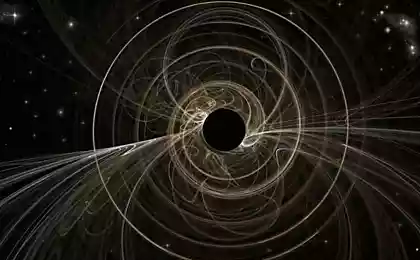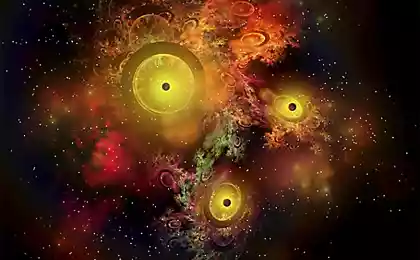1219
Scientist denied scenarios of Universe

Professor Alexander Vilenkin, director of the Institute of Cosmology at Tufts University (Massachusetts) at the Conference on Physics by Ginzburg described the contradictory scenarios of Universe
As is known, according to the most common models for the origin of the universe, she was born in the Big Bang about 14 billion years ago, but along with this, there are other scenarios under which the universe is eternal - it did not have at birth. After analyzing these scenarios eternal universe, Vilenkin proved that they are contradictory.
Thus, according to one scenario, the universe seems eternal and is constantly expanding. The rate of expansion varies from one region to another and thus can be observed periods of contraction, which subsequently compensated by expansion, and the total volume of the universe increases.
However, if these conditions to build a geodesic line (hold backward extrapolation of each point back in time), we can prove that at least one line can not be continued indefinitely far back into the past, and this is already enough for the assertion that there was no universe always.
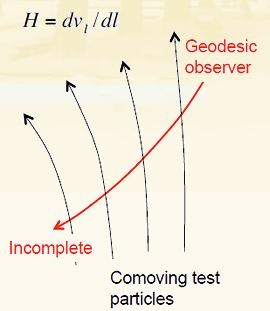
Another scenario involves periodic compression and expansion of the universe. According to Vilenkin, against this scenario counterargument is entropy (a measure of disorder of a system) which must always grow. If the fan the universe, then it shlopnut, then the next time the measure of disorder will be much higher than before the collapse. You can imagine it as a glass beaker - at first he is one-piece construction, and after the fall - just a set of fragments.
Alexander Vilenkin says that since the entropy increases with time, if you wait indefinitely, the system will sooner or later come to thermodynamic equilibrium, which means that there are no galaxies and other things will not be observed - roughly speaking, all broken.
Objection to this is that the observed entropy entropy is not in its pure form, and it is a figure per unit volume. Such specific entropy can remain non-increasing or even decreasing, if each cycle the size of the universe will increase. Then galaxies and stars can be formed, but in this case, the universe will expand on average, and based on the findings of the previous scenario, this universe is eternal can not be.
Thus, says Vilenkin, ever growing and expanding universe can not be. Also, do not work and scenarios with an oscillating and oscillating with the growth of the universe. The main problem why these scenarios are contradictory, is that it is impossible to navigate through the universe expanding at an average geodesic line, so it is necessary to come up with such an option, according to which this problem can be circumvented.
Recently, such a scenario was proposed by cosmologist George Ellis, who said that Alternative eternal universe could initially for an infinitely long time to be static, but grow only the last 14 billion years - t. E., On average this universe is not expanding.
But this scenario has its own refutation, says Vilenkin. We can prove that the universe is not stationary resistant to quantum effects, and the likelihood of a collapse to the singular state is different from zero, and then it turns out that this is not expanding universe of infinitely long time had to collapse, but as can be seen in our universe do not occurred.
